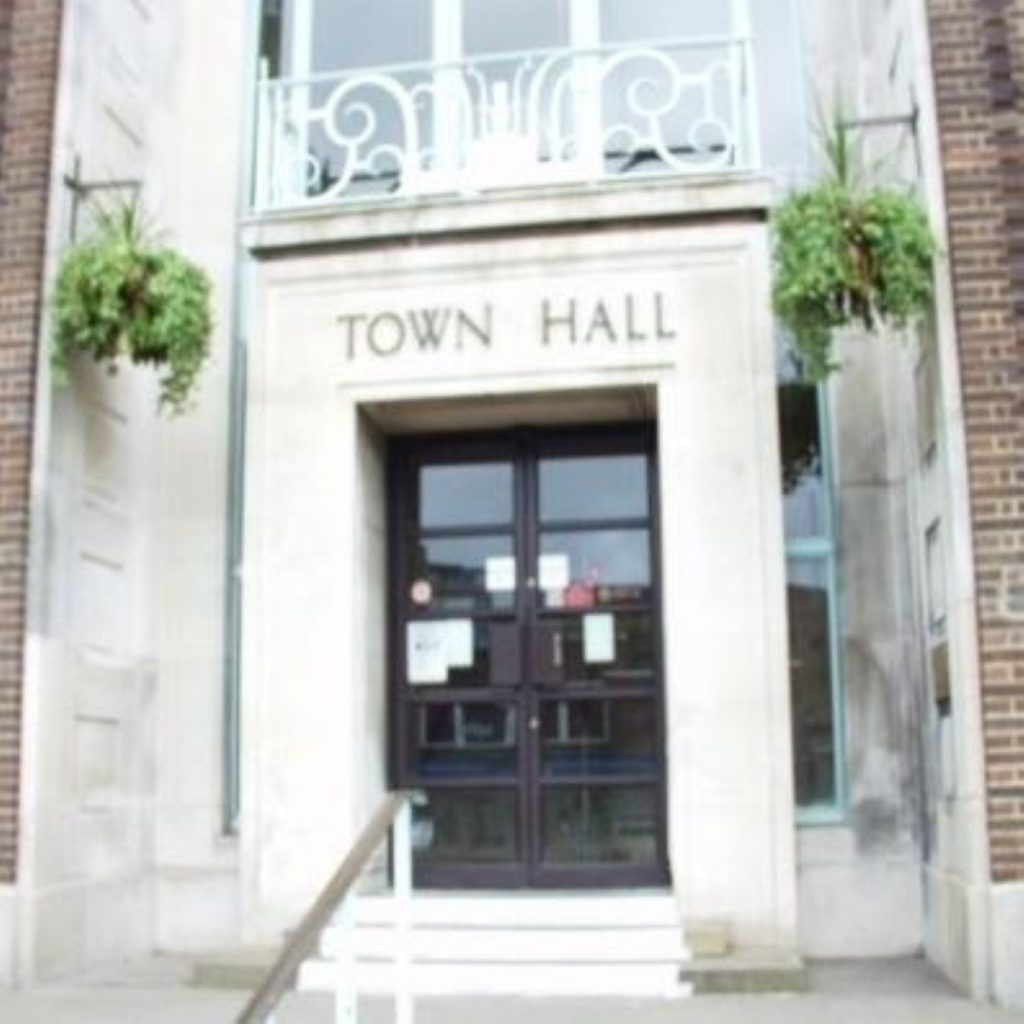Falconer defends postal vote experiment
The Constitutional Affairs Secretary has defended the conduct of the postal voting experiment ahead of June 10’s elections.
14 million voters in East Midlands, the North East, the North West, Yorkshire and Humberside have been included in an all postal voting pilot, but there are concerns that voters might not receive the ballot papers with sufficient time to consider their vote which must be posted by 8th June.
Ministers hope that the trial, the biggest of its kind in the UK, will boost voter turnout for the local and European elections.
Lord Falconer has admitted that tonight’s midnight deadline for papers to be received by Royal Mail will be missed.


However, he insisted that he has been “assured by officials” that all voters will receive their papers “during the course of this week” in time for voting on 10th June.
He insisted that 100 per cent of ballot papers have been printed, 97 per cent are in the hands of Royal Mail or already delivered, leaving just three per cent.
This however still leaves a question mark over around 420,000 ballot papers.
Lord Falconer, speaking to the BBC, rejected suggestions that there could be a legal challenge to the elections’ conduct, saying: “I think one can forget legal challenges.
“The way that the regulations have been constructed, it’s the 1st June, which is today, was the deadline, so you would have time if there were problems to ensure that electors all got their ballot papers and that’s what’s happening.”
However, the Liberal Democrat leader Charles Kennedy has branded the pilot a “democratic disgrace.”
Mr Kennedy told GMTV that: “The postal vote situation is a disgrace, a democratic disgrace, no doubt about it.
“John Prescott, who is the cabinet minister who has responsibility for this, was publicly warned by the Electoral Commission – the independent body set up by the government to advise on the conduct of elections – and they said do not try out postal ballots in as many regions as four, because there are going to be all kinds of problems potentially.”
Concerns have also been raised about the nature of the postal voting form.
A new element, introduced to combat the possibility of fraud, requires a witness to sign the form.
Critics are concerned that this extra element may discourage people, particularly those who live alone, from voting.

